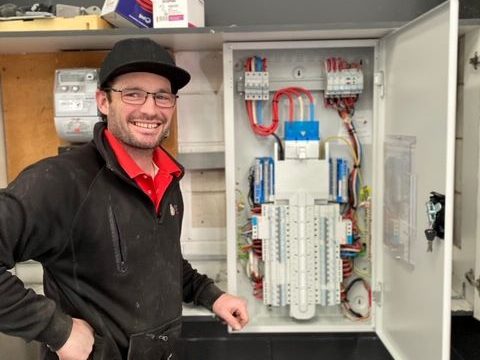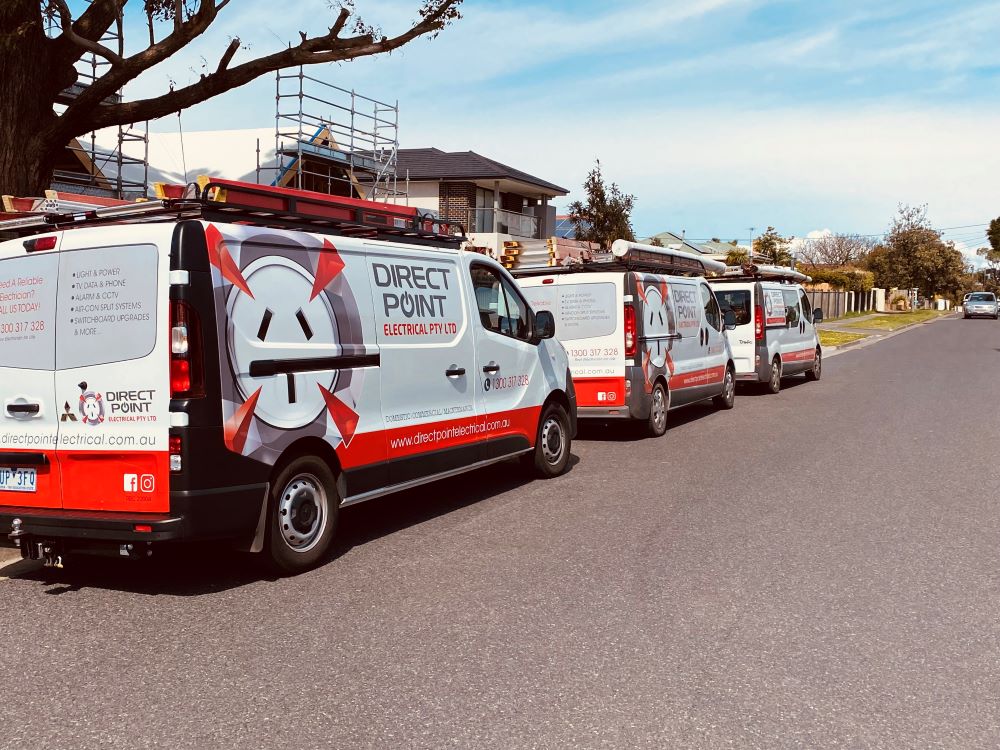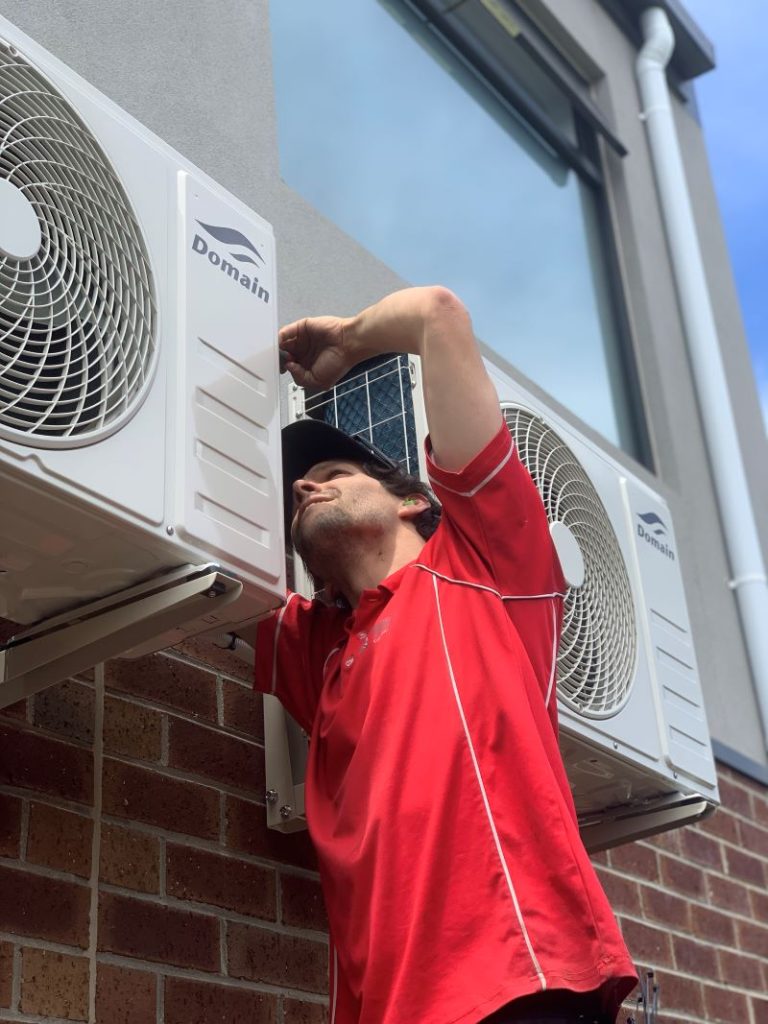Why Comprehensive Electrical Safety Inspections Are Crucial for Your Home’s Protection
An electrical safety inspection serves as a detailed assessment of your home’s wiring, switchboard, outlets, and safety devices. This essential evaluation ensures compliance with the Australian Standard AS/NZS 3000 and reveals potential risks, such as overloaded circuits, faulty wiring, or missing safety switches. Conducted by licensed electricians, these inspections are crucial for preventing hazards like electric shock, catastrophic fires, and damage to your valuable electrical appliances, thereby creating a safe environment for you and your family.

Key Electrical Safety Inspections Every Responsible Homeowner Must Prioritize
Many homeowners mistakenly assume that their home’s electrical system is in excellent condition until a significant problem arises. However, how can you be absolutely certain that your wiring is not silently deteriorating behind the walls? Are you completely confident that your switchboard is functioning correctly and not overheating? Regular electrical safety inspections are not just precautionary measures; they are a fundamental necessity, especially in older suburbs like Narre Warren and Rowville. Since many homes in these areas are over 40 years old, the original switchboards are frequently outdated and may need replacement. Whether you are buying, selling, renovating, or simply haven’t had an inspection in years, understanding the inspection process and its significance is essential for maintaining your home’s safety.
In-Depth Look at What an Electrical Safety Inspection Entails
An electrical safety inspection involves a thorough evaluation of your property’s entire electrical infrastructure. A certified electrician will examine the condition, compliance, and functionality of several critical components, including:
- Wiring and cable insulation to ensure they meet safety standards
- Power outlets and light switches for proper operation and safety
- Switchboard and circuit breakers to determine their effectiveness
- Residual Current Devices (RCDs) or safety switches for fault protection
- Earthing and bonding systems to prevent electrical shocks
- Appliance connections and load capacity assessments
- Smoke alarm wiring (if hardwired) to ensure they function properly
- External weatherproofing of outdoor circuits to withstand environmental conditions
At Direct Point Electrical, we meticulously follow all relevant legislation and guidelines, including the AS/NZS 3000:2018 Wiring Rules, Energy Safe Victoria guidelines, and Victorian Rental Tenancy Regulations, ensuring that your home remains safe and compliant with the latest standards.
Why Electrical Inspections Are Essential for Older Homes
Houses constructed before 1990 often utilized outdated wiring techniques, featuring rubber-insulated or aluminium cabling. These materials can deteriorate over time, especially in areas exposed to heat or moisture. If your home hasn’t undergone rewiring or an inspection in more than 20 years, scheduling a safety inspection is absolutely critical. We frequently encounter serious issues, such as:
- Non-earthed outlets, which pose a risk of electric shock
- Oversized fuses that can lead to overheating
- Lack of smoke alarms that can endanger lives
- Circuits without RCDs, increasing the risk of electrical faults
- Undersized cabling that cannot accommodate modern electrical demands
These issues present significant risks that can jeopardize both your home and personal safety, highlighting the urgent need for timely inspections to address these problems before they escalate into major hazards.
When to Schedule Your Electrical Safety Inspection for Maximum Benefit
- Before purchasing or selling a property: This is often required by lenders and represents a smart approach to buyer diligence.
- Prior to renovations or major appliance upgrades: Ensuring electrical safety before modifications is crucial to avoid future complications.
- After experiencing flood, storm, or fire damage: Prompt inspections help identify any new hazards that may have emerged.
- If your home is over 25 years old: Regular assessments are essential for older properties to maintain safety standards.
- As a landlord, during the preparation of a rental property: Compliance and safety checks are vital to guarantee tenant safety.
Since March 2021, landlords in Victoria are required to conduct electrical safety checks every 2 years, in accordance with the Residential Tenancies Regulations 2021.
For more information, please visit: Victorian Government Consumer Affairs.
Step-by-Step Breakdown of the Electrical Safety Inspection Process
Our licensed electricians carry out a comprehensive walkthrough and evaluation of all accessible electrical systems, which includes:
- Testing each socket and switch for faults to ensure proper functionality
- Assessing polarity and voltage across all points to verify compliance
- Verifying the presence and effectiveness of RCDs to prevent electrical shocks
- Inspecting the switchboard layout, its protection, and proper labeling for safety
- Utilizing thermal imaging to identify any overheating components, when necessary
- Conducting earth loop impedance testing to assess grounding effectiveness
- Documenting any illegal or DIY wiring that may be present, which requires rectification
Upon completing the inspection, you will receive a comprehensive written report detailing:
- Identified hazards that need immediate attention
- Compliance status with current safety regulations
- Urgent repair needs (if applicable) to ensure safety
- Recommended upgrades to improve safety
- Suggestions for enhancing overall electrical safety
Additionally, we provide a Certificate of Electrical Safety (COES) for any rectification work completed during the inspection, ensuring you have peace of mind regarding the safety of your electrical systems.
What to Do If Your Home Fails the Electrical Inspection
There’s no need for alarm. Many homes we inspect only need minor improvements, such as installing an RCD, replacing a few worn outlets, or addressing an overloaded circuit. If we discover significant issues (for example, non-earthed wiring or an outdated switchboard), we will prioritize safety risks and provide you with a clear, fixed quote for any necessary repairs. For further details on how we manage updates, please explore our electrical services page.
Understanding the Time Commitment for Your Electrical Safety Inspection
The duration of most inspections typically ranges from 1.5 to 2.5 hours, depending on the size and accessibility of the property. If you live in a double-storey or split-level home, or have an extensive outdoor power system, the duration may vary slightly to ensure a thorough assessment is conducted, leaving no stone unturned.
Financial Advantages of Scheduling Your Electrical Safety Inspection
Indeed, neglecting to identify issues such as leaking current, loose neutral connections, or improperly loaded circuits can lead to significant repercussions, including:
- Escalating power bills due to inefficiencies
- Reduced lifespan of your appliances from electrical strain
- Risk of costly repairs if problems go unnoticed
Furthermore, identifying faults early shields you from potential financial burdens and legal ramifications associated with an electrical fire or injury claims, particularly if you are a landlord with tenants under your care.
Answers to Common Questions About Electrical Safety Inspections
What is the difference between a safety inspection and an energy audit?
A safety inspection focuses on identifying hazards and ensuring compliance with safety codes, while an energy audit evaluates efficiency and provides recommendations for reducing energy consumption.
Should I turn off the power during the inspection?
It is not always necessary to switch off the power. Some tests may require brief disconnections, but the majority of the inspection can be conducted while the power is on, ensuring minimal disruption to your daily activities.
Am I liable for fines if I neglect safety checks?
If you are a landlord, the answer is yes. Under the Residential Tenancies Act, failing to conduct bi-annual safety checks can lead to fines or complications with rental listings, which can be quite serious and impact your reputation.
Is a safety inspection still required if I have solar panels?
Absolutely, a safety inspection is essential. Solar systems involve additional components that need testing, including isolators, inverters, and export limits, all of which must meet established safety standards to prevent hazards.
Can DIY electrical work negatively impact my inspection?
It certainly can. Any non-compliant or unlicensed modifications must be corrected before we can issue a safety clearance, making professional oversight necessary to ensure compliance and safety.
Your Trusted Local Electrician for Thorough Electrical Safety Inspections
Investing in electrical safety inspections is one of the most vital and cost-effective protective measures for your home. These inspections can prevent tragic incidents, and if your home is older, has recently undergone renovations, or hasn’t been professionally inspected in years, now is the perfect time to take proactive steps to ensure safety.
Contact Direct Point Electrical today to schedule your professional inspection and ensure that your home’s electrical safety is prioritized.
Dependable Local Electricians You Can Trust for Quality Service
Electrical Safety Inspections Explained: What Melbourne Homeowners Must Know
The Article: Electrical Safety Inspections: Essential Guide for Melbourne Homeowners first appeared on https://writebuff.com
The Article Essential Guide to Electrical Safety Inspections for Melbourne Homeowners Was Found On https://limitsofstrategy.com
The Article Electrical Safety Inspections: A Must for Melbourne Homeowners First Appeared ON
: https://ad4sc.com







No responses yet